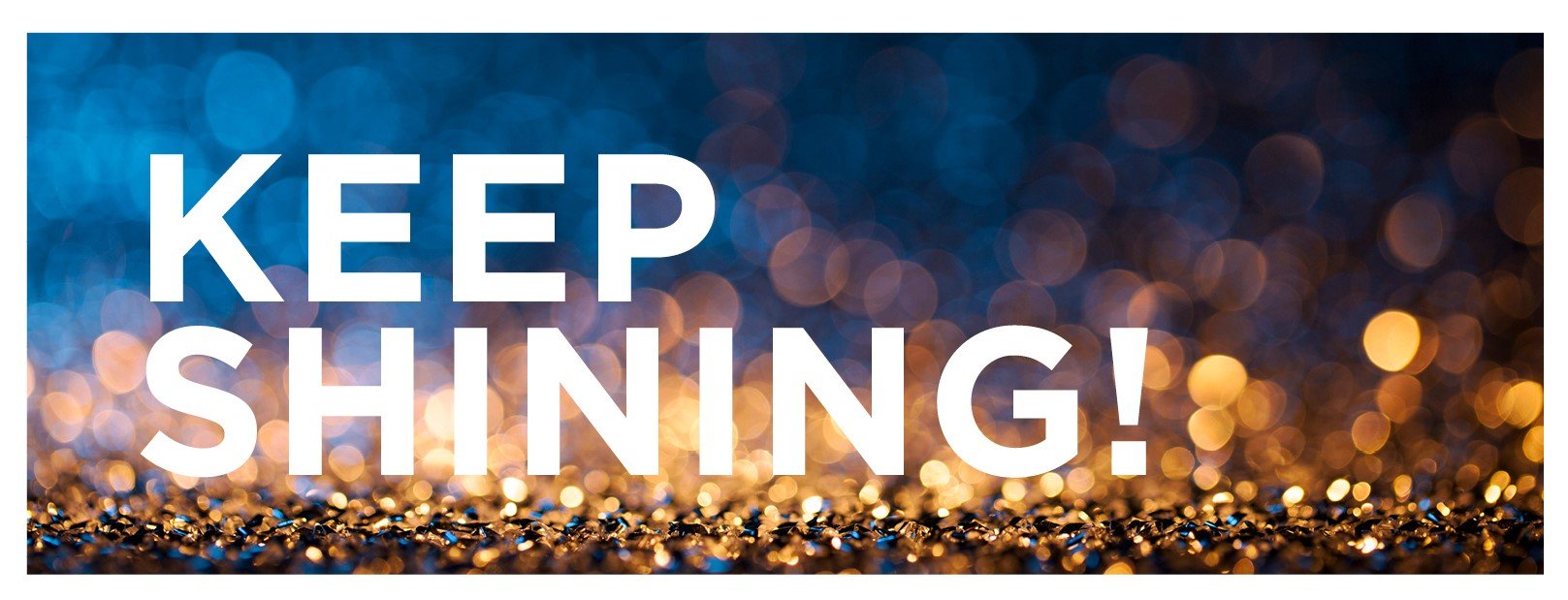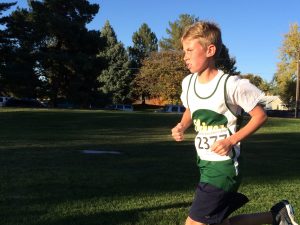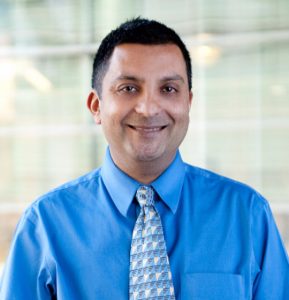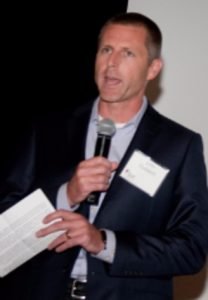
 Our young friend Cooper knew research was being done on rare types of kids’ brain tumors. He knew that research took money. So when doctors explained last April that his hope
Our young friend Cooper knew research was being done on rare types of kids’ brain tumors. He knew that research took money. So when doctors explained last April that his hope
for remission was gone, the bright 12-year-old had an idea: he would use his life savings to find a cure.
If only it were that simple. If only the dollars Cooper had saved for college could have made that happen. If only diffuse intrinsic
pontine glioma, or DIPG, weren’t the deadly pediatric brain cancer it is. If only the answers had been found before it claimed his life.
After Cooper passed, Sujatha Venkataraman, PhD – one of the researchers working
closely with The Morgan Adams Foundation (MAF) – told his parents that targeting DIPG is her “only mission and focus in life.” “I lost my own small
son Rishi to cancer,” Venkataraman reflects. “Kids should not go through these sufferings. DIPG is under-researched and it is always fatal. We are
working hard to find a way to improve outcomes for these children.”
Childhood cancer is scary. Some types remain 100% fatal. But there is hope.
Last year, Sujatha and Dr. Rajeev Vibhakar received a $20,000 MAF grant to identify drug therapies that may slow DIPG tumor growth. This research has yielded
important data and resulted in more grants – totaling $500,000 – from the federal government and other organizations, and that means a new possibility
of hope for kids like Cooper.
You have made this possible.Your gift starts the process of getting good ideas out of the lab and into tangible treatment options
for kids and teenagers.
Your continuing support will help doctors and researchers pursue every possible new treatment avenue for kids with cancer. The hope you give these kids will be leveraged many times over. I invite you to join me in continuing our work to create a brighter future for kids
and teens battling cancer.
With much gratitude,

Founder and Executive Director

 Remembering Trevor
Remembering Trevor
Trevor Kling was very involved as a Morgan Adams Foundation
Ambassador. A shining light among us, this 14-year-old Honor Roll student missed only one day of school while enduring 36 radiation treatments and
14 months of chemotherapy. He passed in October, more than two years after his diagnosis with anaplastic astrocytoma grade III.
Trevor’s dad Dave shares, “When his mom Cheryl and I explained to Trevor that he was dying, he told us he still wanted to fight for other kids. He knew
being an Ambassador would help make more money to fund more research, even if it couldn’t help him. So, we’re going to continue that, because it will
make a difference for someone 10 years down the road.”
The outlook for kids with Trevor’s type of cancer has changed little. Your gift can help move the needle on the translational research needed to change the survival rates for kids battling highly aggressive brain tumors.



By shining laser light on cancer cells, researchers at The Morgan Adams Foundation Pediatric Brain Tumor Research Program are able to track the effect of promising cancer drugs. “We use a variety of lasers, not for making things happen, but for detecting what is happening in our cancer cells,” explains pediatric hematologist-oncologist Dr. Rajeev Vibhakar. “With our imaging flow cytometer, we can detect individual cells, which allows us to learn more from very small samples. The cells are treated with dyes, so that – depending on the laser we shine on them – the light reflected is different. This allows us to tell if the cell is dying – a process called apoptosis – or alive.”
Anti-cancer drugs trigger apoptosis in cells that are diseased. Dr. Vibhakar says, “A lot of the research funded by The Morgan Adams Foundation focuses
on drugs currently available for the adult population. We want to find new ‘targets’ for these existing drugs in the pediatric population.” When you support this work, your gift helps us fund ways to get new treatments to kids with cancer faster than the decade or more required for most drug development.
Through your gift, you can help make this happen. In this lab. At this time. Thank you for shining a light on new treatment possibilities for kids with cancer.

“This program is the cutting edge.”
A neuro-oncology program led by world-class researchers, Dr. Rajeev Vibhakar and Dr. Nick Foreman. A lab producing and documenting breakthrough results. And a promise to stay on the leading edge of finding a cure for pediatric brain cancer. Those energies merged in September at the naming of The Morgan Adams Foundation Pediatric Brain Tumor Research Program. Board Chair John Dudasch recalled his daughter’s fight: Avery died at the age of 11 after an 11-month battle with a diffuse high grade glioma. He noted, “These aren’t just nameless kids we are asking you to work for. Cancer strikes everywhere. You can help us make a difference.”
Please join the Dudasch family in supporting the vital work being done in this dedicated lab. Every gift will be multiplied – in research, results, kids healing, and our infinite hope for a cure.


